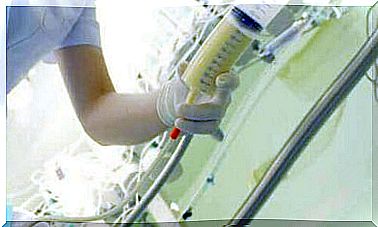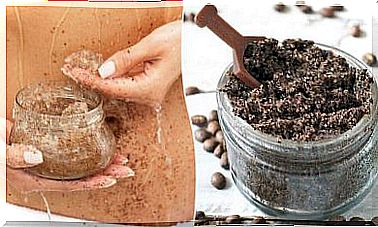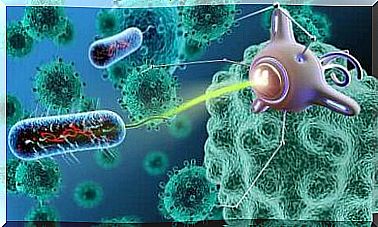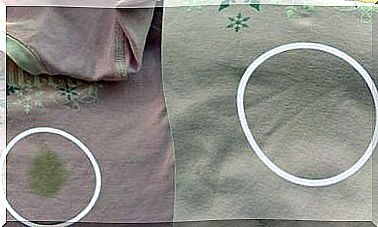Why Shouldn’t All Water Bottles Be Reused?
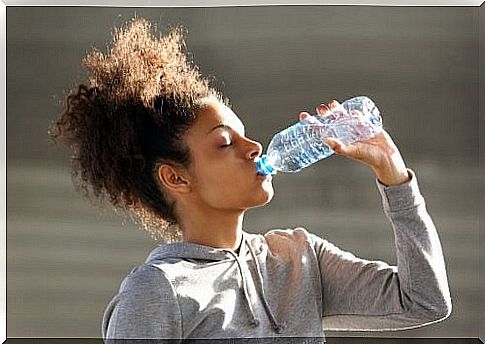
Depending on the material used to make the bottle, it can be detrimental to your health to reuse plastic water bottles if they are used for longer than the “best before” date.
So if you like to use water bottles for reuse, you might want to consider whether this is a good way anyway. Of course, it is very important to integrate recycling into everyday habits in order to protect the environment more effectively.
If you want to know the reasons why plastic water bottles are not suitable for reuse, keep reading!
Why not reuse all water bottles?
First, it is worth bearing in mind the following facts, which appear from several studies conducted by the U.S. National Institute of Environmental Health Sciences.
According to the sample used, one-third of the brands manufactured plastic bottles containing bacteria or carcinogenic chemicals that contaminated the body. This was to the extent that the amounts of carcinogens exceeded industry standards.
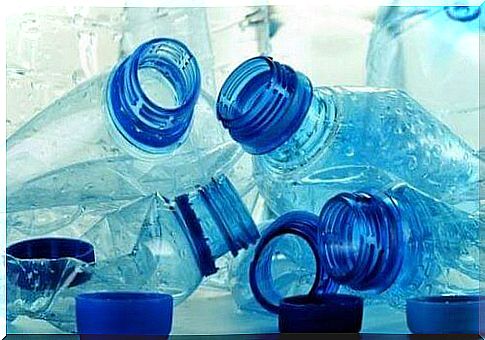
Plastic bottles are not quite as harmless as you might think. In fact, they can release hazardous chemicals into the liquid. It is therefore very important to pay attention to the special markings that can be seen on the bottoms of the bottles.
One of these is a triangle with a number according to the type of plastic used in the manufacture.
- Bottles with a “1” (PET) are only safe when used only once.
If you expose them to heat or sunlight, they can release toxic substances into the water.
- If you see a bottle marked “3” or “7”, i.e. PVC or PC, be careful as this type of plastic will release toxic substances that may end up in food and water.
These such bottles can eventually cause dangerous diseases in the body.
- Bottles that are suitable for re-use instead are those made of polyethylene and marked “2” or “4”. Likewise, bottles made of polypropylene and marked “5” and the letters PP are suitable for re-use.
These bottles are relatively safe if used to store cold water and if properly disinfected.
Watch out for bacteria!
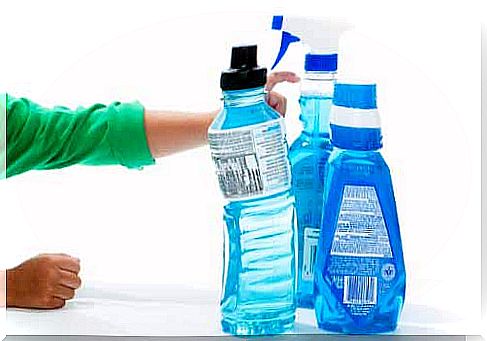
Another thing to keep in mind when using plastic bottles is the number of bacteria they contain. Namely, the number of bacteria in these bottles often exceeds the levels defined as safe for the human body.
However, we are the ones who ourselves create the perfect conditions for microbial growth if we take the bottle with dirty hands and then fill it with room temperature water.
However, washing the bottle is not actually a sufficient act. This process should be done properly, but it is almost always done with less care.
After washing the bottle, you may cause yourself an illness or even get hepatitis A.
In this context, the effect of bacteria cannot be overemphasized, as they are abundant in bottles and it is not always possible to wash the bottle properly.
The caps are full of germs that can get into your mouth. A good way to try to protect yourself is to use a whistle (they are also sold made of metal, for example, so you can reuse them over and over again).
Be careful when storing water bottles
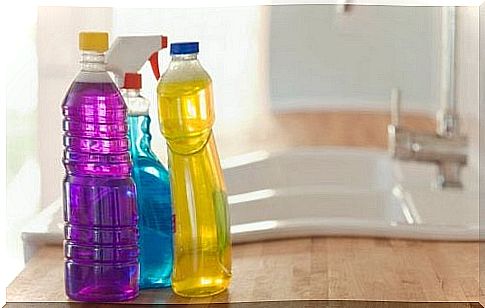
Do not store plastic water bottles at excessive temperatures.
Namely, high temperatures can cause chemicals to enter the liquid from the bottles, which can be toxic to your body.
It can also be dangerous to store water, for example in a garage where it is exposed to exhaust fumes, pesticides and other chemicals that can affect the taste and smell of the water.
They may produce antimony

Antimony is a toxic material that is often used in the manufacture of water bottles. The longer you hold the bottle, the more antimony it can produce.
Antimony may cause nausea, vomiting and diarrhea. Thus, it is important to drink water as soon as you buy a bottle as well as to avoid very long storage.
So the next time you think about the possibilities of recycling water bottles, remember these tips and you will be able to avoid any nasty inconveniences as a result of reuse!

